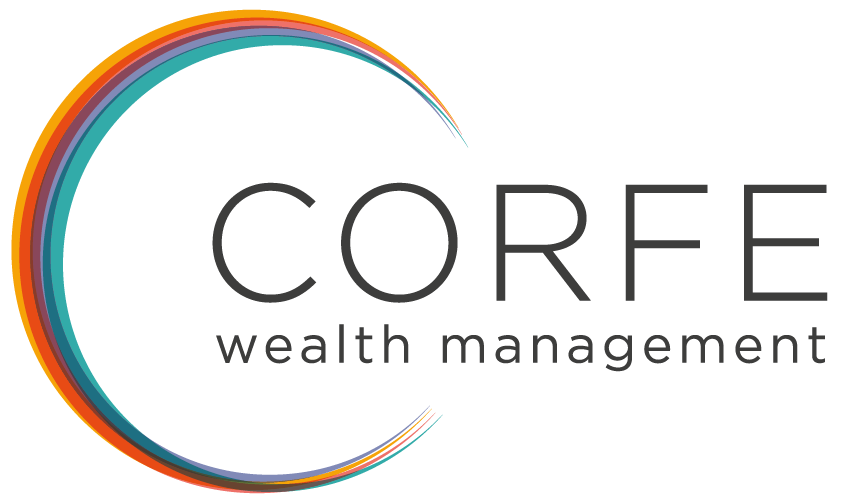How would life be if you could map out what you really wanted?
Unfortunately that’s not the question that first comes to mind.
“Will I have enough money to retire?” This is a question that I get asked a lot. It’s usually the trigger that gets people considering some serious financial planning.
At Corfe we talk about the Three Ages of Life. The third stage is when you start to think about what you want to do in the future, and this triggers the “Will I have enough?” question.
But is “Will I have enough money to retire” the right question to be asking?
In my industry the majority of advisers focus on getting the best return on investment for their clients. That is definitely the right thing to do, but is it the best for the clients? If we view savings and investments only as numbers on a page that we’re trying to move upwards, then there’s no such thing as “enough.” You could always be saving more. You could always be investing more. You could always be spending less. But does doing so make you feel any happier?
Your financial plan should be a vehicle that takes you where you want to go. If you’re fixated on “having enough money,” then your plan, and the life it provides you, will be stuck in a cul-de-sac. You’ll find yourself trying to justify every minor and major financial decision as you circle around and around wondering if you “have enough.”
That’s not a trip that’s going to make you feel secure. It’s not going to make you feel happy either.
Return On Life
It’s important to balance return on investments with return on life (ROL). ROL is defined as:
How well you are doing in living the life you want, with the money you have.
Here are some key ROL indicators:
- Living well within your means
- Investing time, energy, and resources in people and engagements that energize you
- Allowing yourself to have experiences and fulfilment whenever possible
- Not comparing yourself to others who may live with a different set of circumstances
- Living purposefully
- Not allowing your identity to be defined by numbers
Since money is a vessel that can help you navigate where you want to go in life, it is important to control your money, instead of letting your money control you.
When you focus on ROL, your investments serve you, not vice versa.
Too many people feel as if life is little more than “getting ahead” of someone else’s definition of what a successful life ought to be.
The best financial conversation you will ever have is to ask yourself:
“Who and what really makes me happy in life?”
…and then arrange your finances to keep those people and experiences front and centre in your life.
Traditional financial planning model
Too often, when it comes to our financial lives, we don’t look at the big picture. Instead, we move pieces around by replacing investments, insurance policies, debts, purchases, and the like––all the while paying too little attention to long-term and holistic perspectives.
You may have been told that every money issue should and can be solved through a formula:
“Let’s take your age, the amount of money in your portfolio, run some calculations, and here’s the answer for your life.”
These calculations are important and necessary, but work only if you understand the qualitative goals your investments are meant to fund.
In the traditional financial planning model, the primary components include asset management, risk management, debt management, tax planning, estate planning, and income planning. While each area is essential to your financial well-being, there is an underlying assumption inherent in the solely quantitative approach used to perform these functions:
“Everyone is essentially the same, and the only thing that really needs to change from one person to the next is which numbers get plugged into the formula”.
Getting the best Return On your Life
This is probably not an assumption you would want someone to make about you. Your values and principles with money are not the same as everyone else’s, nor should they be.
The most important aspect to be derived from the numbers is to achieve the quality of life you desire.
The numbers do not exist to drive life but to support it.
It is important to understand the impact of money on every area of your life. By engaging in a financial planning process focusing on what’s happening in your life – adjusted financially to facilitate those happenings – you will reach the ultimate goal of using your money to create a better life.
If you would like to start planning for the return on your life, then please do get in contact.
Investments carry risk. The value of your investment (and any income from them) can go down as well as up and you may not get back the full amount you invested.

